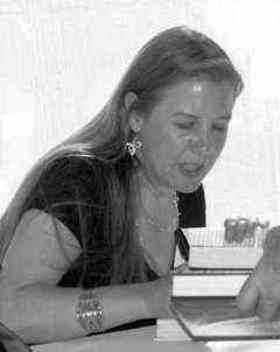
Peter Parshall, she dismissed one of his assertions as “bullshit.” Instead of ejecting her from the room, he challenged her: “Why do you think that? Support your claim.” She was amazed.


In her first month at Reed, in a freshman humanities conference with art historian Prof. Janet at Reed, from the 1977–78 edition of The Gryphon photo by john weber ’78 With its psychological acuity, sexual frankness, and lacerating turns of phrase, it was enthusiastically received and also eventually adapted to the screen. Paint It Black, her 2006 follow-up novel, focused on two women grieving for the same man. White Oleander, her 1999 story of a Los Angeles teenager bouncing between her troubled mother and foster care, was an Oprah’s Book Club selection and became a film starring Michelle Pfeiffer in 2002. has drawn a lot of critical attention, not least because Janet’s two previous novels generated so much media heat. “I hoped the neighbors didn’t smoke in bed. “ Bozhe moi, was that what they were doing?” she thinks.

Reared in bourgeois comfort, she has no idea how to live like the masses, and what sticks with me a month later is her horrified introduction to roaches, fleas, and bedbugs-and her even greater horror when she learns that her fellow slum dwellers repel the vermin by putting the legs of their beds in buckets of kerosene. This monumental story is narrated by a young poet named Marina Makarova. Petersburg during the Russian revolution, replete with bloody demonstrations, warring ideologies, unthinkable betrayals, and a brave new regime that quickly turns as brutal as the monarchy it destroyed. It took me a solid week to read all 800 pages of Janet Fitch ’s third and latest novel, The Revolution of Marina M.


 0 kommentar(er)
0 kommentar(er)
